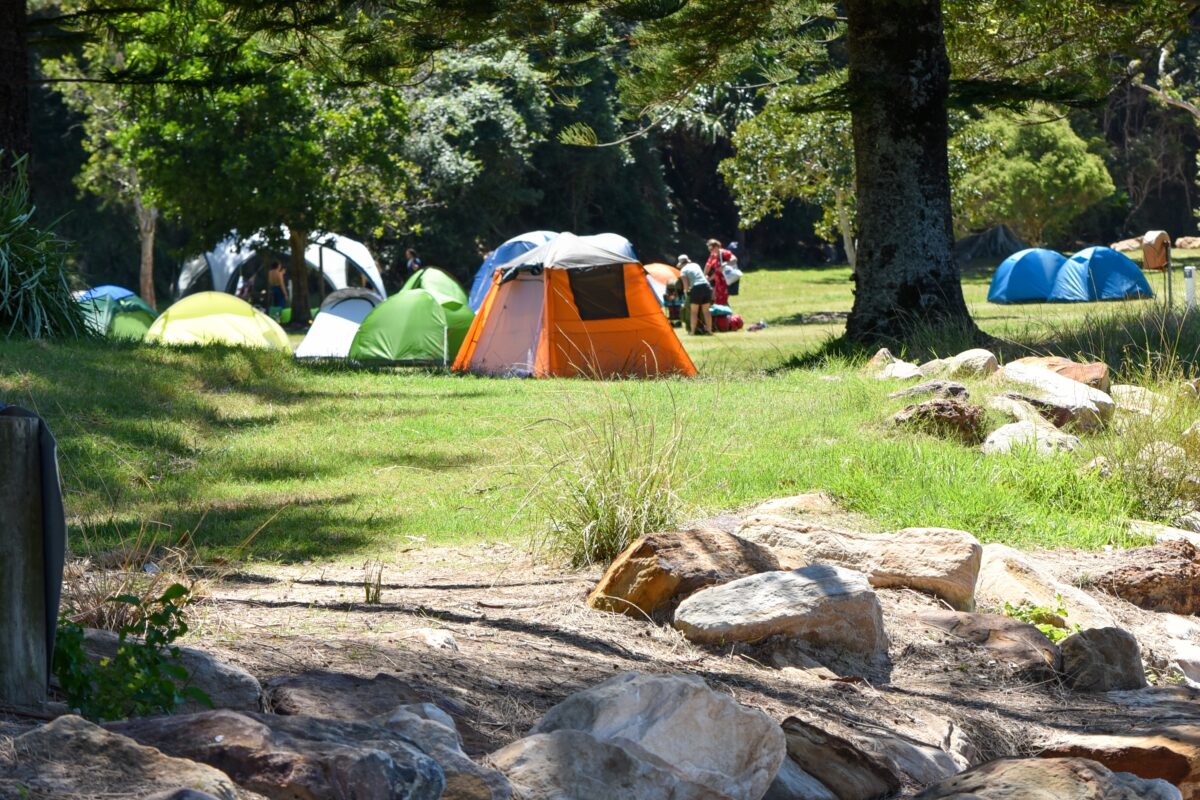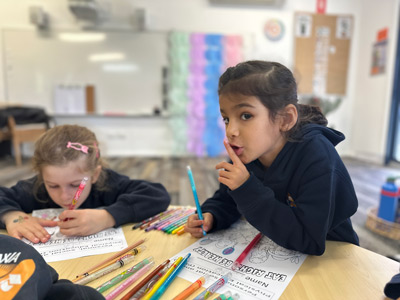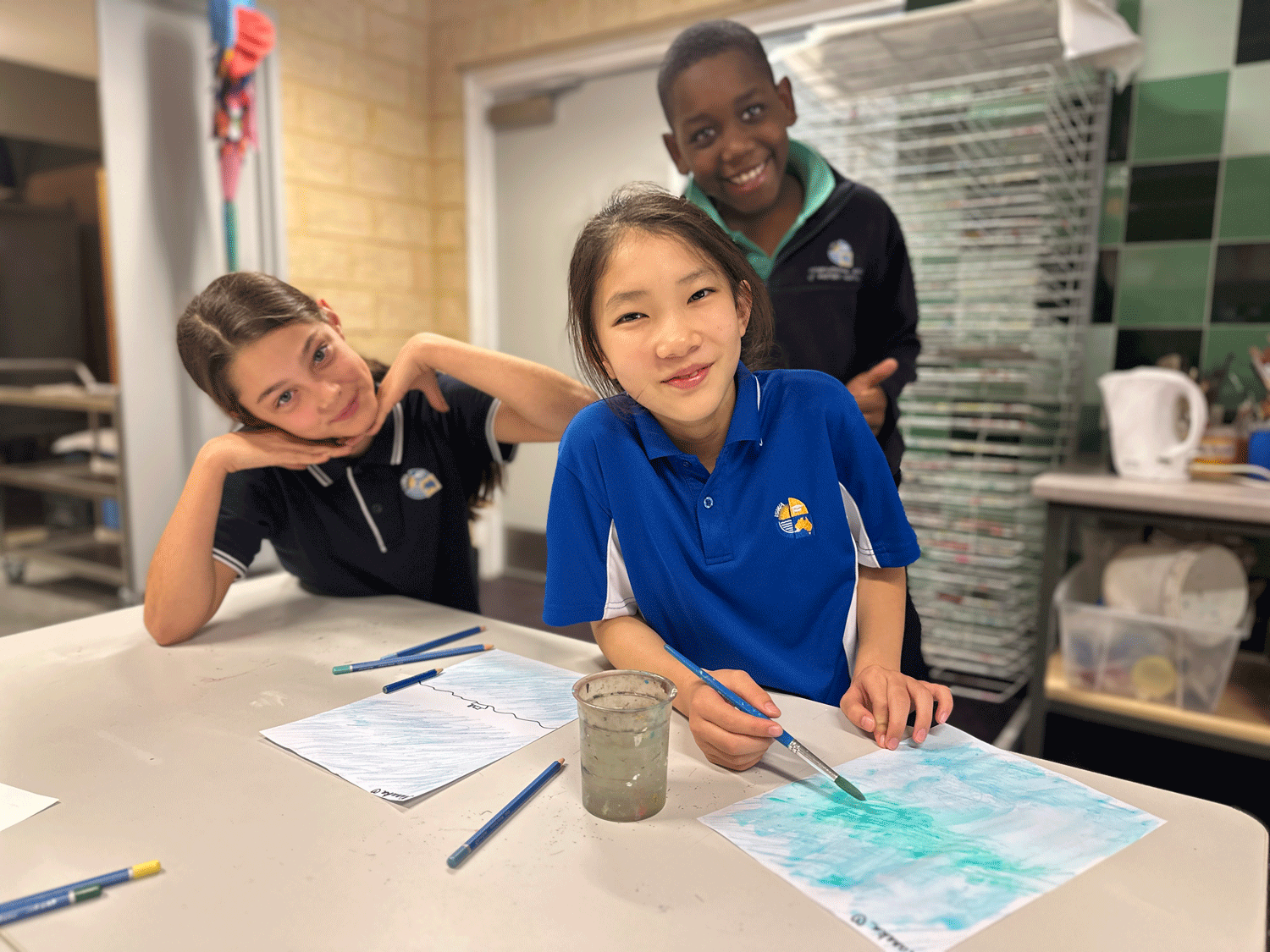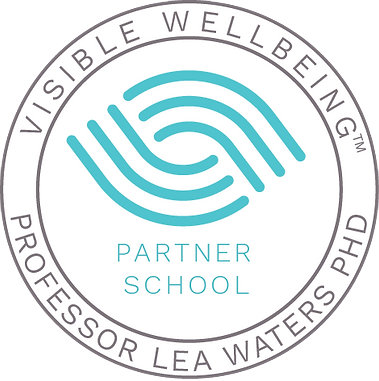It’s the rare individual who doesn’t relish a holiday. One reason for this is that schedules, routines and often even obligations can be temporarily shelved so we can rest, recuperate, and reflect on other aspects of our lives.
Given we live in such a naturally beautiful environment one suggestion for the term break is to go outside. This is a surefire way to enhance every aspect of well-being and wise, of course, to heed the slip-slop-slap-slide-shade message.
The Scientific Case for The Great Outdoors

There is growing evidence that these natural places are associated with a reduction in negative thinking, stress, anxiety, and a boost to positive emotions. A 2021 report in the British Medical Journal (BMJ) reported that they are linked to ‘… better cognition, working memory, spatial memory attention, visual attention, reasoning, fluency, intelligence, and childhood intellectual development’ (Besser, 2021). It’s clear that an essential ingredient for the optimal processing of our brains, so that our judgment and imagination are nurtured, is spending time outdoors.
It’s not a prerequisite to love nature but it is vital to factor in being outside daily for even a brief period. A major study at the University of East Anglia which studied data from twenty countries and evidence from more than 140 studies that included more than 290 million people, established that ‘people living closer to nature had reduced diastolic blood pressure, heart rate and stress… health-promoting environments are increasingly recognised as both preventing and treating disease’. (Banks, p.13, 2023)
Top Tips for Unplugging and Reconnecting
These are compelling reasons to step away from screens and look up in wonder, and feel grateful for our safe, green, fascinating landscape. A few additional tips for optimising what nature has to offer us include:
o Choose an appealing environment in which you feel safe.
o Leave technology at home so you can engage in, and relish, the environment.
o Make 30 minutes (or more!) a goal. This will bring quantifiable benefits.
If it is simply impossible to head outside, here are some suggestions, ratified by the reputed organisation Common Sense Media, for family movies to enjoy together over the break: Best movies – recommendations for families Common Sense Media 2023
Seeking Support and Resources During School Breaks
Finally, here are a few recommendations which may be useful whilst school is in recess. There is always someone to help if low moods descend consistently.
May your holiday be peaceful and enjoyable.
When feeling overwhelmed, or heightened emotions over an extended period, a great first step is to make an appointment with a GP. Youth Friendly GPs are trained to work with young people (Youth Friendly Doctors AMA). GPs offer face-to-face support and are trained in both physical and mental health issues. It’s a good idea to make a list of the difficulties being experienced before the appointment.
The GP can provide a ‘mental health-care plan’. These provide for six free (or Medicare-subsidized) sessions with a psychologist. The GP can be asked for a referral to a completely subsidised or extremely low-cost option, too.
From the age of 15, young people can have their own Medicare cards. This provides access to the GP without the need to use the family’s Medicare card. Here is a link to information about consent and confidentiality with health appointments. How age affects confidentiality
2. Call a helpline
Calling a helpline is a great way to get some immediate help from the privacy of your home or bedroom. All these helplines have trained professionals who answer calls, listen, and help people find the most appropriate support.
- Kids Helpline 1800 55 1800 (all hours)
- Lifeline 13 11 14
- Headspace 1800 650 890
- ReachOut When life doesn’t go as planned
If someone is experiencing a severe mental health crisis or their behaviour has changed suddenly, it’s important to contact the local Crisis Assessment and Treatment Team (CATT). 1800 676 822 If it’s an emergency, the number is: 000.

3. Go online
Expressing feelings in writing is easier for some people so online mental health support is helpful. Some suggested sites are: Headspace, Kids Helpline, or Lifeline.
4. Head to Headspace
Mental health information for young people Headspace offers face-to-face conversations and some Headspace centres have a drop-in service. It is wise to ring them before calling in. It’s also possible to schedule appointments by telephoning or emailing. There can be waiting times, though, and it may not be possible to secure an immediate appointment. The quest for mental health may demand reserves of patience and persistence.
5. Connect with ReachOut Forum Members
There are lots of people in our community struggling. Some use their experiences to connect with, and help, others. There is always additional support, advice, or willing listeners in this community: ReachOut Six ways to get help for mental health
Reference list
Banks, S. (2023). Why the great outdoors is great for kids. Psychology Now, 1(4), p.13.
Besser, L. (2021). Outdoor green space exposure and brain health measures related to Alzheimer’s disease: a rapid review. BMJ Open, [online] 11(5), p.e043456. doi:https://doi.org/10.1136/bmjopen-2020-043456.

















